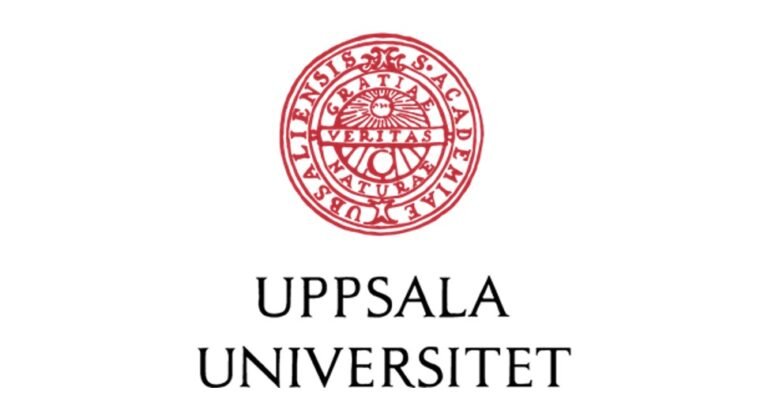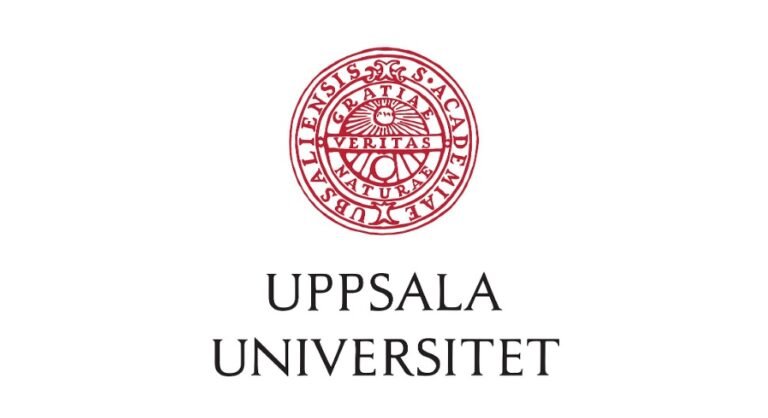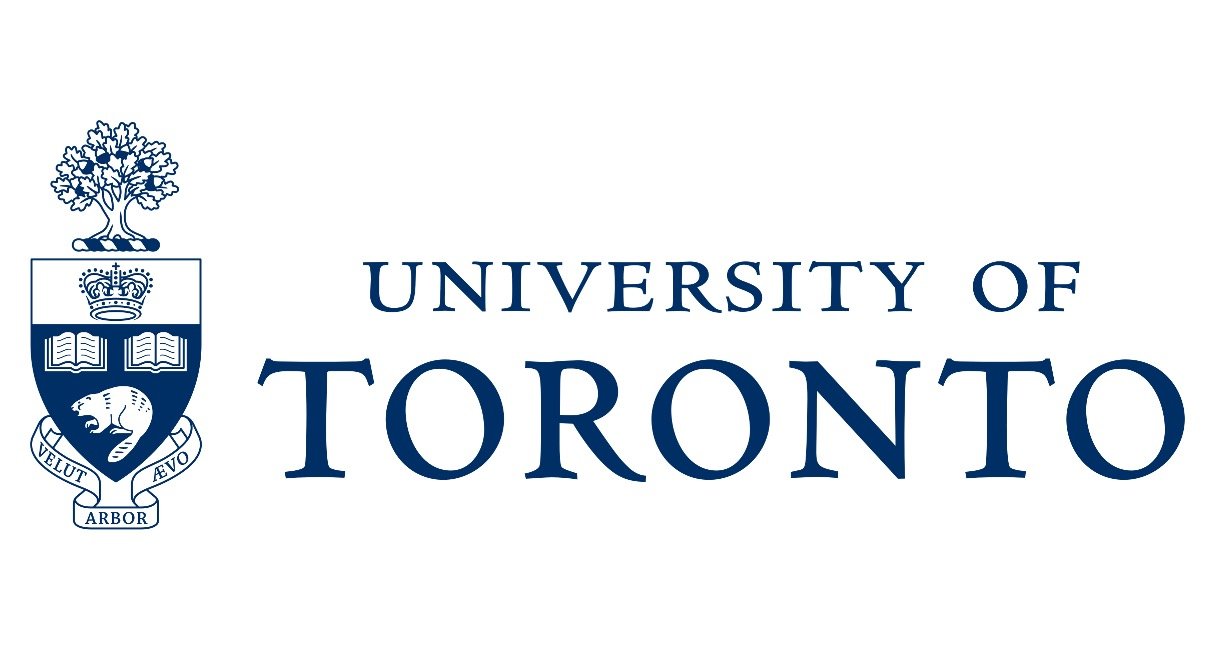The Department of Materials Science and Engineering aims to be an environment for successful and valuable research and education with a focus on materials science solutions for important societal challenges. Our department is an exciting workplace with research in a broad technology-related area, from basic research to large-scale applied research, and with close contacts with students through the department’s involvement in engineering and master’s programs. Our research and teaching are conducted within seven divisions with different research focus.
About the division
The Division of Microsystems Technology is part of the Department of Materials Science and Engineering at the Ångström Laboratory. Researchers at MST have extensive experience in materials science, mechanics and manufacturing of microsystems, where we develop sensors, actuators and microfluidics. Research groups specialize in soft and stretchable microsystems, high-pressure microfluidics, additive manufacturing, space technology and gas sensors. The applications are particularly found in environmental analysis, medical technology, robotics and demanding environments.
The research activities within the ÅM-Nano group focus on additive manufacturing technology (AM) at the micro and nano level with the goal of being able to create complex microsystems using AM techniques alone. Until now, techniques such as direct ink writing, electroprinting and 2-photon printing have been used to manufacture supercapacitors as well as bioactive membranes and polymeric actuators and sensors. The projects typically are made in collaboration with other university researchers and world-leading companies. A unique and specialized AM laboratory exists as a platform for building an attractive research career.
Project description
The project is part of the competence center AM4Life, which is financed in equal parts by Vinnova, companies and Uppsala University. This project is partially financed by Kanthal whose subsidiary in Florida (Alleima medical) manufactures wire-based components for medical products. The project aims to develop a miniaturized electrochemical sensor to detect various markers in blood. There are several important requirements for the sensor: electrodes in µm scale, good electrical conductivity, large specific surface area and appropriate surface functionalization. Depending on the outcome of different development stages, the project’s orientation will be adapted to achieve the overall goal.
Duties
The work is mostly experimental with the aim of evaluating and comparing different AM techniques for manufacturing sensors. The work involves preparing and carrying out the 3D writing of the specific manufacturing design that has been chosen, as well as evaluating manufactured microstructures with, for example, electrochemical equipment and scanning electron microscopy. An important part of the work is to produce the “ink” to be printed. A significant part of the work is to familiarize oneself with related developments in the research field, in order to understand both manufacturing techniques and application aspects.
The work duties also include communication of research results through scientific articles in well-established scientific journals and through presentations internally and at international conferences. In addition to research, some participation in teaching is also included, for example in the form of supervision of doctoral students, master’s students and project students. You are also expected to contribute to applications for external research funds.
Requirements
To qualify for an employment on a postdoctoral position you must have a doctoral degree or a foreign degree equivalent to a PhD degree. The degree needs to be obtained by the time of the decision of employment. Those who have obtained a PhD degree three years prior to the application deadline are primarily considered for the employment. The starting point of the three-year frame period is the application deadline. Due to special circumstances, the degree may have been obtained earlier. The three-year period can be extended due to circumstances such as sick leave, parental leave, duties in labor unions, etc.
The position requires a Doctoral degree in Microsystems Engineering or an equivalent degree in a related field.
We require very good and documented knowledge in additive manufacturing at the micrometer level, i.e. AM where both the printed details have dimensions in the micrometer scale and that the placement control is at the sub-micrometer level, especially experimental experience within the techniques direct ink writing and electrowriting.
We require very good oral and written skills in English, as well as very good skills in writing scientific publications.
Read more about the Postdoctoral position, rules and regulations at the Swedish Agency for Government Employers here: (Only in Swedish)
Additional qualifications
It is advantageous to have documented knowledge and experience in one or more of the following areas:
- biochemical sensors, especially electrochemical ones
- development of inks for AM techniques
- LabView for controlling experimental equipment
- mechanics for positioning with high precision
- microfluidics
We attach great importance to your personal qualities and you must be self-motivated and proactive and have the ability to independently plan and run projects. You must also be pedagogical, structured and able to work effectively both individually and in a group, as well as be able to easily collaborate and communicate with people in different subjects.
Special emphasis will be placed on your documented experience of publishing scientific works in high-quality journals and giving presentations at scientific meetings.
Instructions for application
- A letter describing yourself, your goals and why you are a suitable candidate for this position.
- CV (max 2 pages)
- List of publications
- Copy of three publications of special relevance
- Copy of the PhD, master’s degree (or equivalent) and course grades and other merits
- Short description (max 300 words) of your doctoral thesis
- If available, an electronic version of your doctoral thesis (or weblink).
- Names and contact information (e-mail and telephone) to two reference persons who have agreed to act as reference for you. Please also describe the relationship with that person.
The application can preferably be written in English. During the application period, we will continuously read applications and call for interviews.
About the employment
The employment is a temporary position of 2 years according to central collective agreement. Full time position. Starting date May 1, 2025, or as agreed upon. Placement: Uppsala
For further information about the position, please contact: Prof. Stefan Johansson, stefan.johansson@angstrom.uu.se
Please submit your application by January 15, 2025 UFV-PA 2024/4265
Are you considering moving to Sweden to work at Uppsala University? Find out more about what it´s like to work and live in Sweden.
Uppsala University is a broad research university with a strong international position. The ultimate goal is to conduct education and research of the highest quality and relevance to make a difference in society. Our most important asset is all of our 7,600 employees and 53,000 students who, with curiosity and commitment, make Uppsala University one of Sweden’s most exciting workplaces.
Read more about our benefits and what it is like to work at Uppsala University
https://uu.se/om-uu/jobba-hos-oss/
The position may be subject to security vetting. If security vetting is conducted, the applicant must pass the vetting process to be eligible for employment.
Please do not send offers of recruitment or advertising services.
Submit your application through Uppsala University’s recruitment system.






